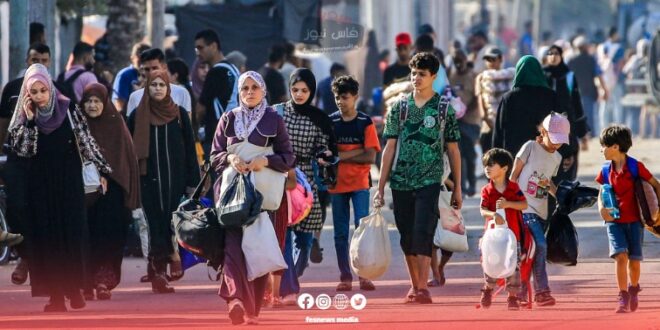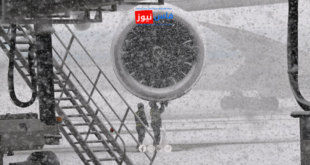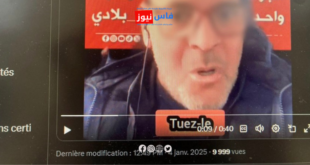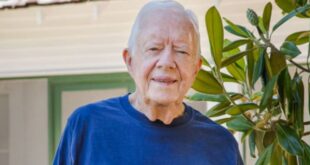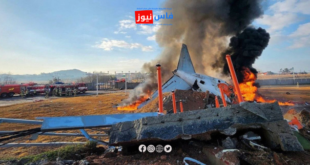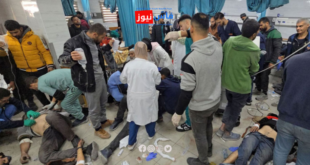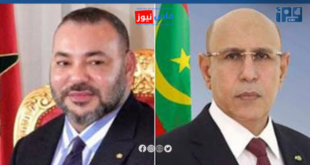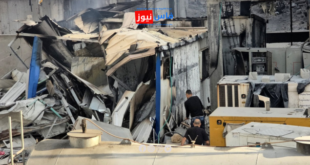Gaza – On Monday, the Israeli army issued an order to evacuate part of the population of Khan Younis city in southern Gaza Strip, in preparation for what it described as an “intensive operation against terrorist organizations.” This decision has sparked a wave of panic and concern among Palestinian residents.
In a statement, the Israeli army explained that staying in the eastern part of the “humanitarian zone” has become dangerous due to “significant terrorist activities and rocket launches towards Israel.” Maps published by the army showed that residents of Khan Younis neighborhoods should move westward towards the coast, to the Al-Mawasi area which the Israeli army calls the “humanitarian zone.”
Residents described scenes of chaos and fear as the evacuation process began. Youssef Abu Taimah, 27, said: “We left amid bombardment from planes and tanks, and drone fire. They bombed houses while people were still inside.” He added that he saw “wounded and dead being transported on tuk-tuks and donkey-drawn carts to Nasser Hospital.”
The Ministry of Health in Gaza, run by Hamas, reported that at least 37 people were killed and more than 120 others injured due to Israeli military operations on Monday.
Displaced people face significant challenges in finding safe shelter. Ahmed al-Bayouk, 53, said: “This is the third time we’ve had to relocate, and each time it gets more difficult. We settle for a few days, then the army comes and bombs, and we have to move again.”
In Khan Younis, Mohammad al-Farra expressed his fear, saying: “If we stay in our homes we die, and if we go out on the roads we die too.”
This development comes amid growing concerns about the worsening humanitarian crisis in Gaza, with severe shortages of food, water, and healthcare, and an increasing risk of disease outbreaks and epidemics in areas crowded with displaced people.
 فاس نيوز ميديا جريدة الكترونية جهوية تعنى بشؤون و أخبار جهة فاس مكناس – متجددة على مدار الساعة
فاس نيوز ميديا جريدة الكترونية جهوية تعنى بشؤون و أخبار جهة فاس مكناس – متجددة على مدار الساعة

